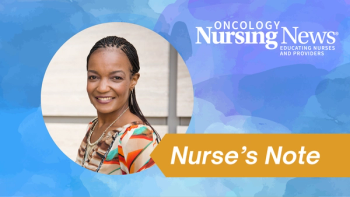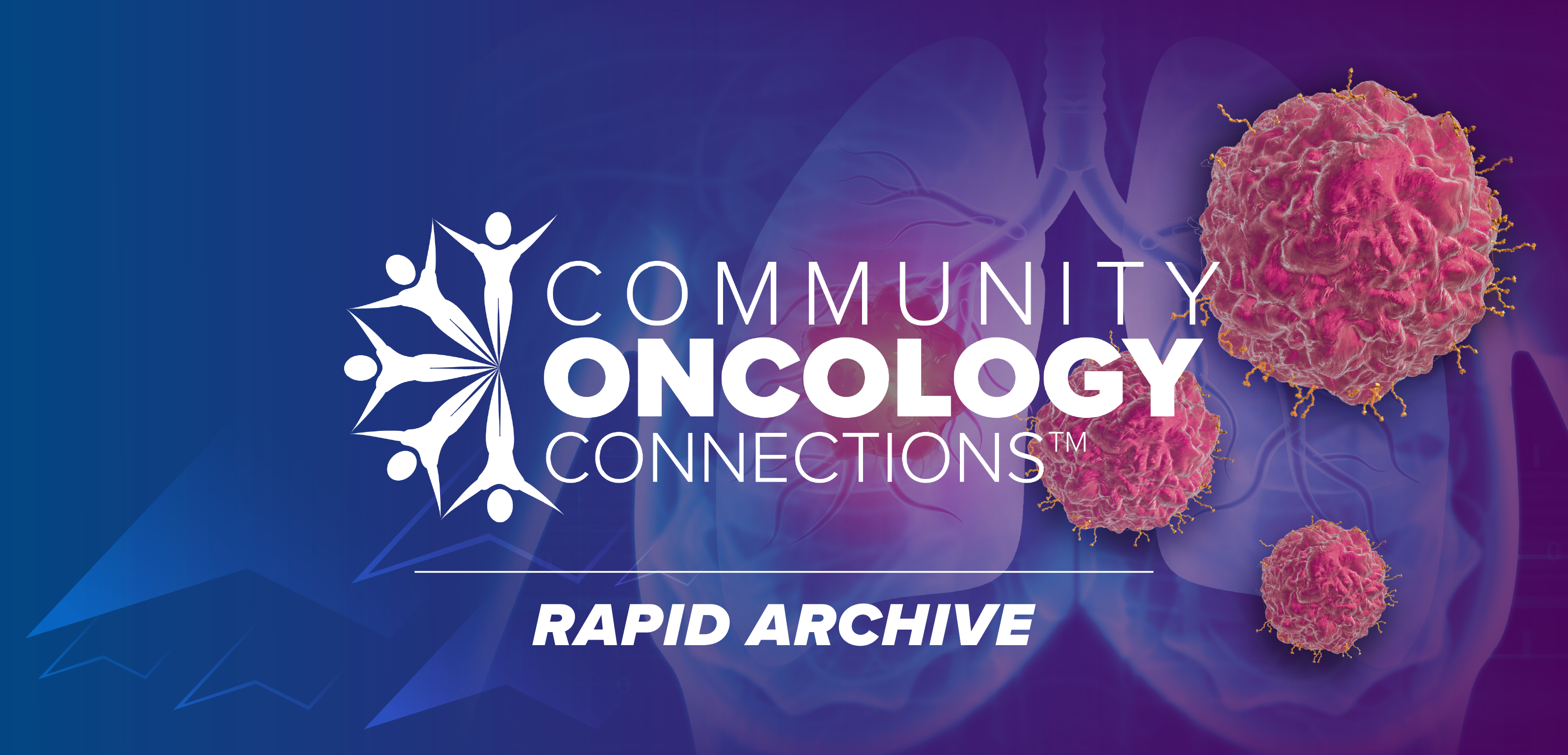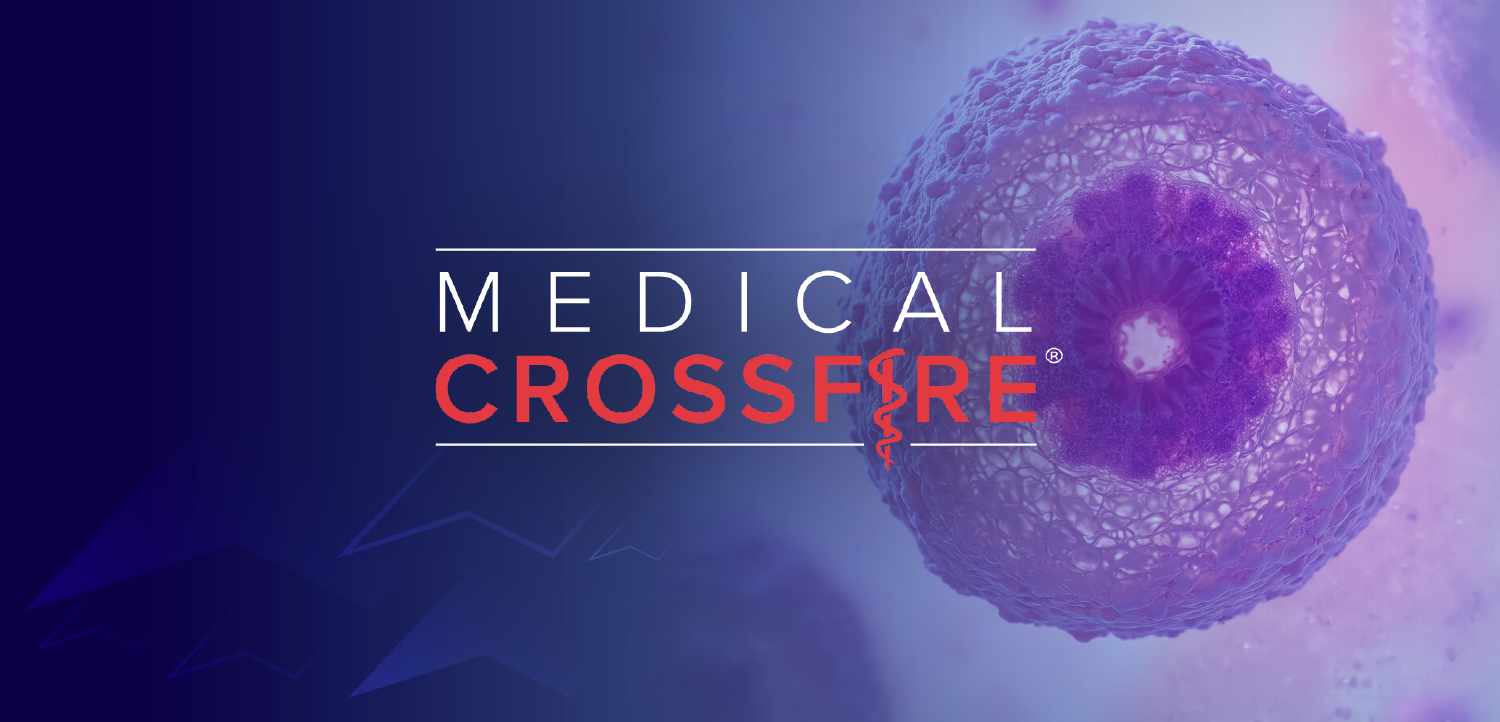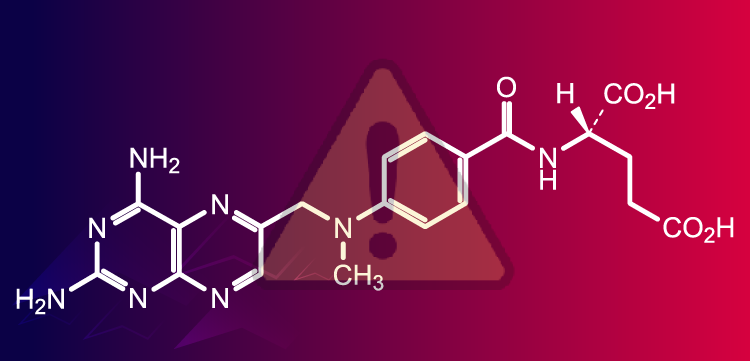
Is There a Nursing Specialty Hierarchy?
Among the various specialties of nursing, a sort of hierarchy has formed that may be putting competency with machines over nurse and patient interactions.
My observations over the years have led me to believe that there is a nursing hierarchy among the nursing specialties, and critical care nursing is considered by many the pre-eminent nursing specialty. Case in point, within all general areas of nursing, the Medical ICU, Trauma ICU, Peds ICU, Neonatal ICU, are perceived to require the highest skill set of nurses. General nursing experience is often mandated before consideration of position placement within these units, hence, critical care positions itself as being a ‘cut above’ generalist medical, surgical, and pediatric nursing.
The ICU’s elevated status is directly associated with technology’s overwhelming presence in these areas. The use and manipulation of machinery are perceived to be associated with the highest level of nursing skills, and closely related to technology’s presence is heightened acuity correlated with the need for ideal ratios of nurse to patient staffing.
In the hospital setting, I practiced as an oncology clinical nurse specialist in collaboration with a critical care nurse educator on multiple projects. This colleague, a highly skilled and long-tenured critical care nurse, decided to return to school to pursue becoming a family nurse practitioner. One of her lengthy clinical practicums was on a general in-patient medical-surgical unit for 3 weeks. My colleague used multiple vacation days to complete this clinical requirement and nearly a month had passed since I had seen her. Upon one of her first days back to her educator role she asked if we could have lunch, and the reflections she shared were quite telling.
My colleague was astounded as to the complex nature of the patients she encountered in this unit. The majority of patients were elderly, diagnosed with multiple co-morbidities, and prescribed a myriad of medications. Many of these patients could not get out of bed on their own and needed assistance with the basic elements of daily performance. Their clinical symptoms reflected a wide array of potential etiologies, many of which were not detectable from a definitive laboratory marker or radiologic finding. She went on to share her reflection of the comparison between critical care nursing and it’s medical-surgical corollary.
In critical care, she described, abnormalities are technologically calculated on a number of platforms. Hemodynamic, urinary, hepatic, and neurologic parameters are spelled out in objective measures. The data portending demise and emergent scenarios are printed out in front of us. In medical-surgical nursing, there are no such measures to aide decision-making. Medical-surgical nurses must rely heavily on their critical thinking skills, collating and comparing numerous data sets, and past knowledge to determine and anticipate clinical scenarios. Medical-surgical nursing she summarized, is so much harder than critical care nursing. This is exacerbated by these nurses having at least twice if not more patients they must care for in a shift than ICU nurses have.
Secondly, my personal and professional impressions also credence to my colleague’s reflections. The overwhelming influence of technology in critical care has diminished the importance of humanistic care. With the heavy reliance on machinery, comes an over-emphasis on numbers. This minimizes the importance of addressing the interpersonal distress observed in the hovering family members and the anxious patient in respiratory distress. My clinical experiences within critical care have left me with the impression that emotional support takes a back seat to lines, tubes, drains, and pumps.
I believe that in contemporary health care, oncology nursing has evolved into a ‘pseudo’ critical care specialty. The technology is not as pervasive as in critical care, but it is dominant in everyday practice. I worry that this could falsely place competency in managing machinery as being more important than mastering how to talk to patients and families in crisis. I have always embraced the expectation that we must be equally proficient in our interpersonal skills as we are in our technical ones. Striving for this dual excellence positions us uniquely as a nursing specialty.
When you plan or consider attending, the next oncology nursing continuing education program, look closely at the nature of what is being presented. Is comparable emphasis given to recognizing patient suicide risk and minimizing caregiving burden to knowing early symptoms of oncologic emergencies, managing central line complications, and using personal protective devices? Ongoing deliberation of what we are teaching will ensure that the dual domains of oncology nursing excellence are alive and well in practice.
Newsletter
Knowledge is power. Don’t miss the most recent breakthroughs in cancer care.

















































































